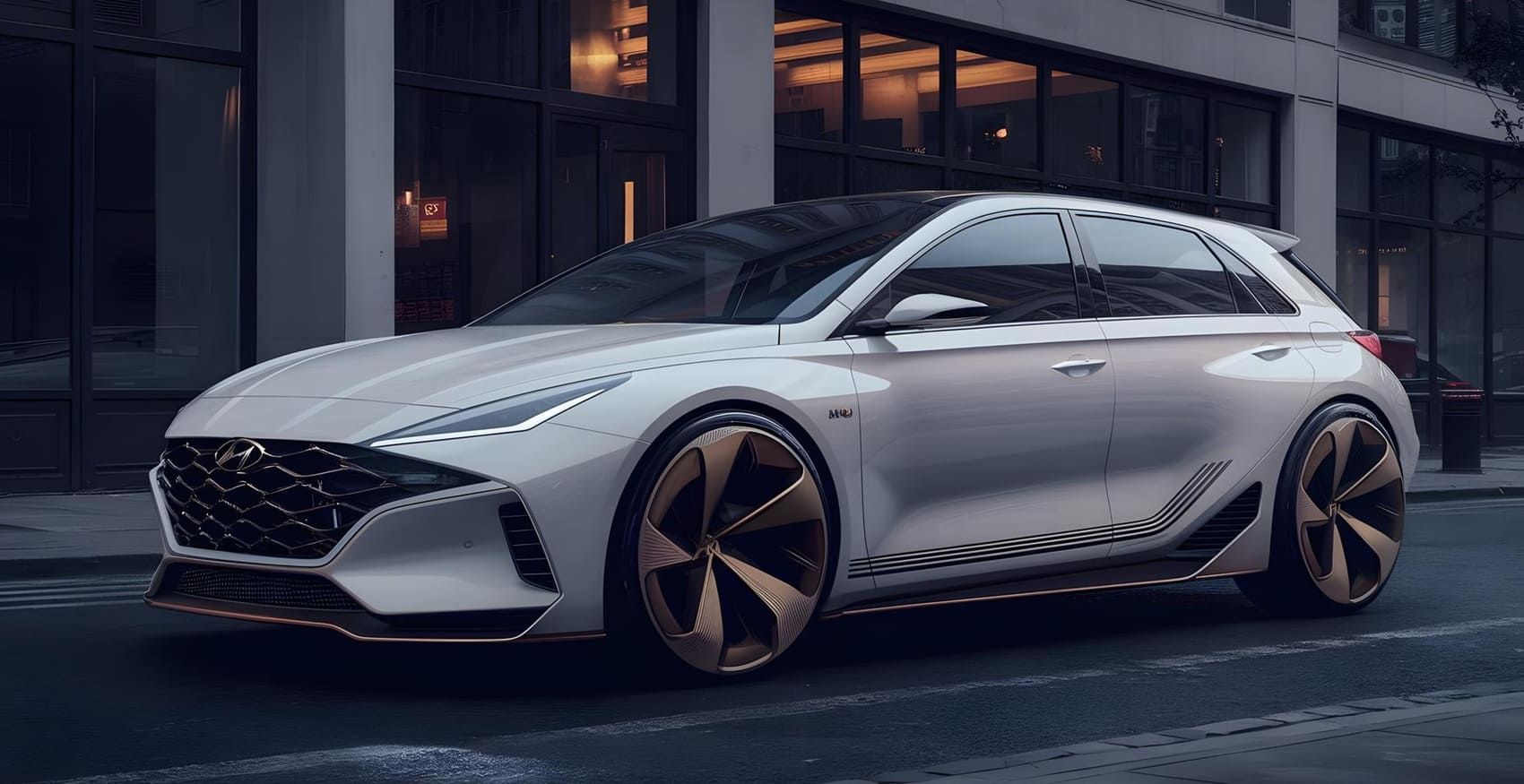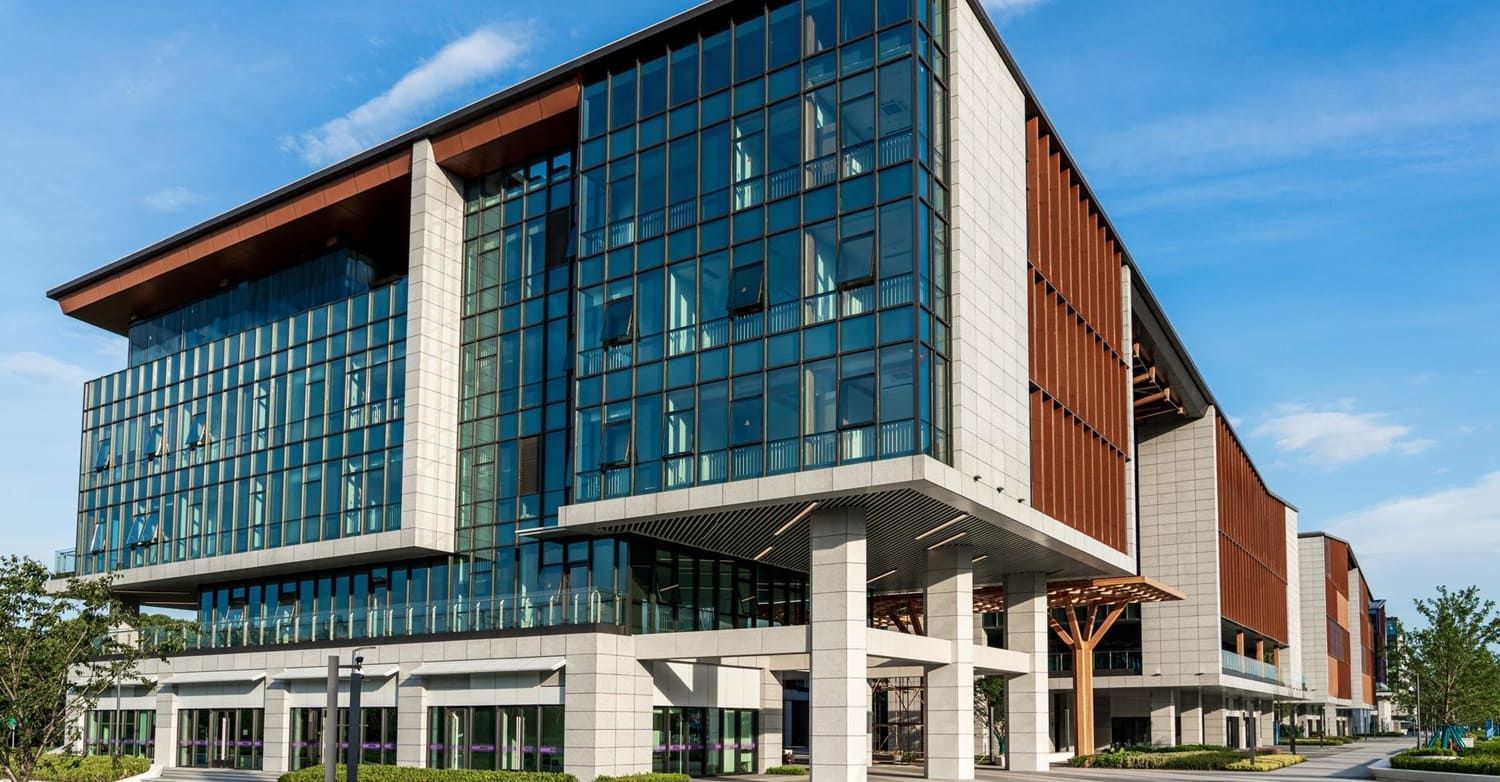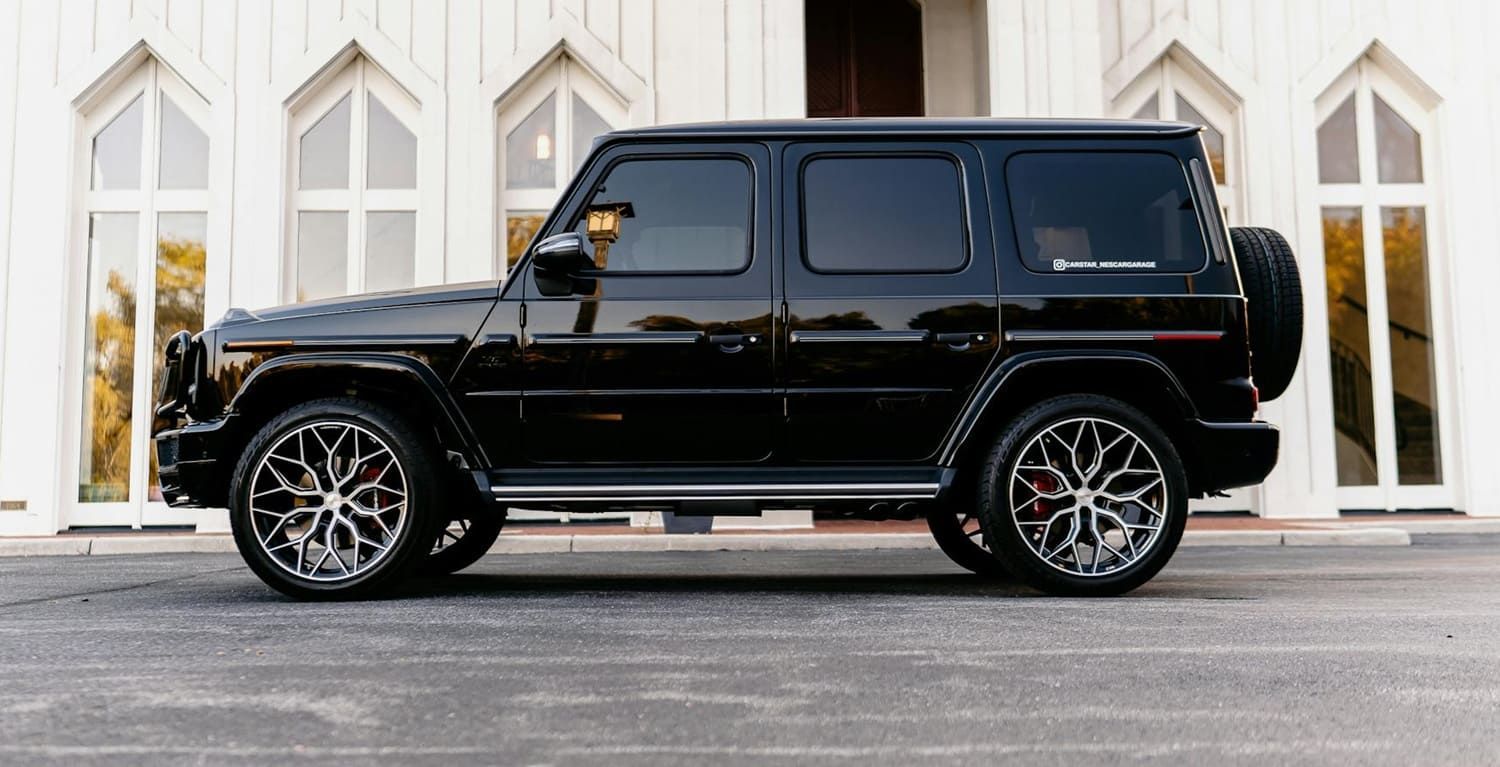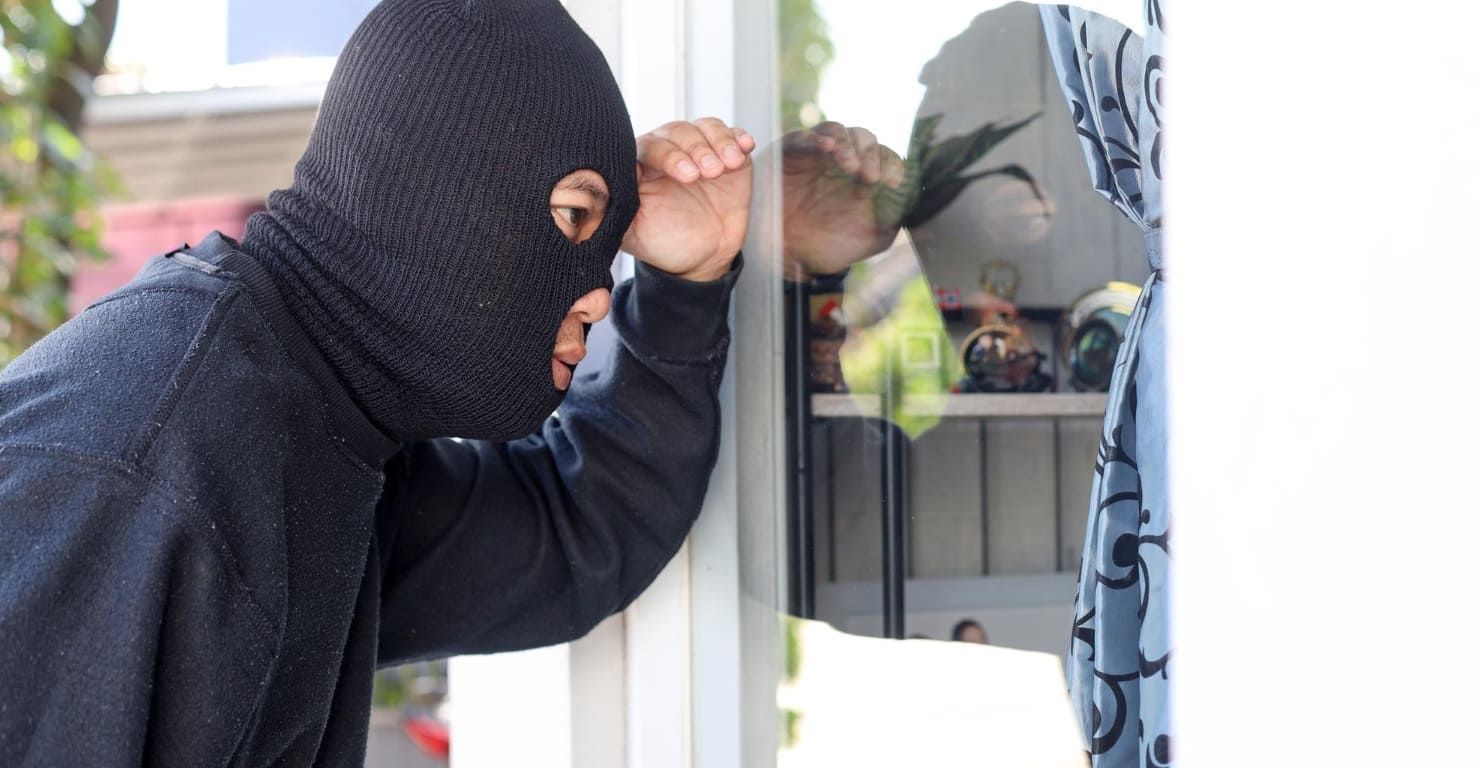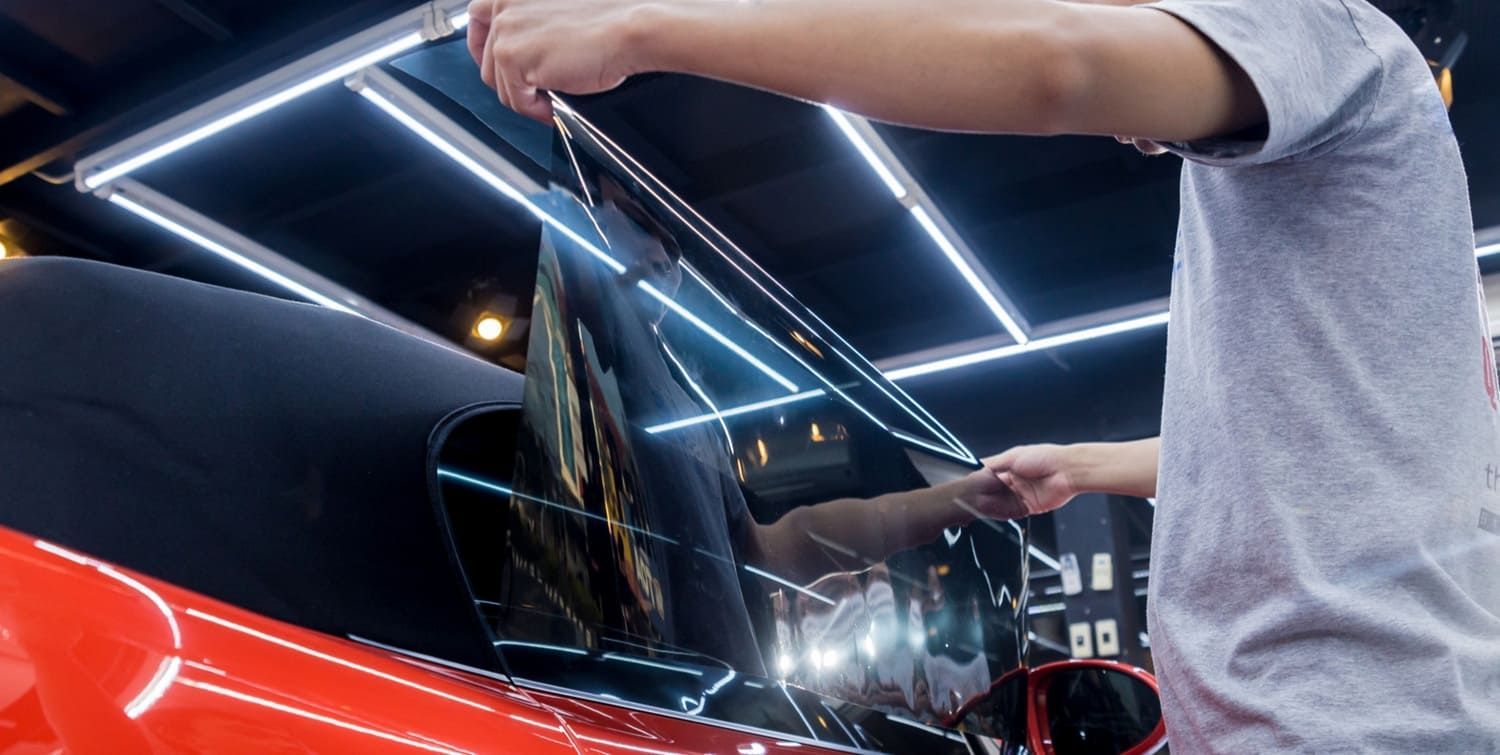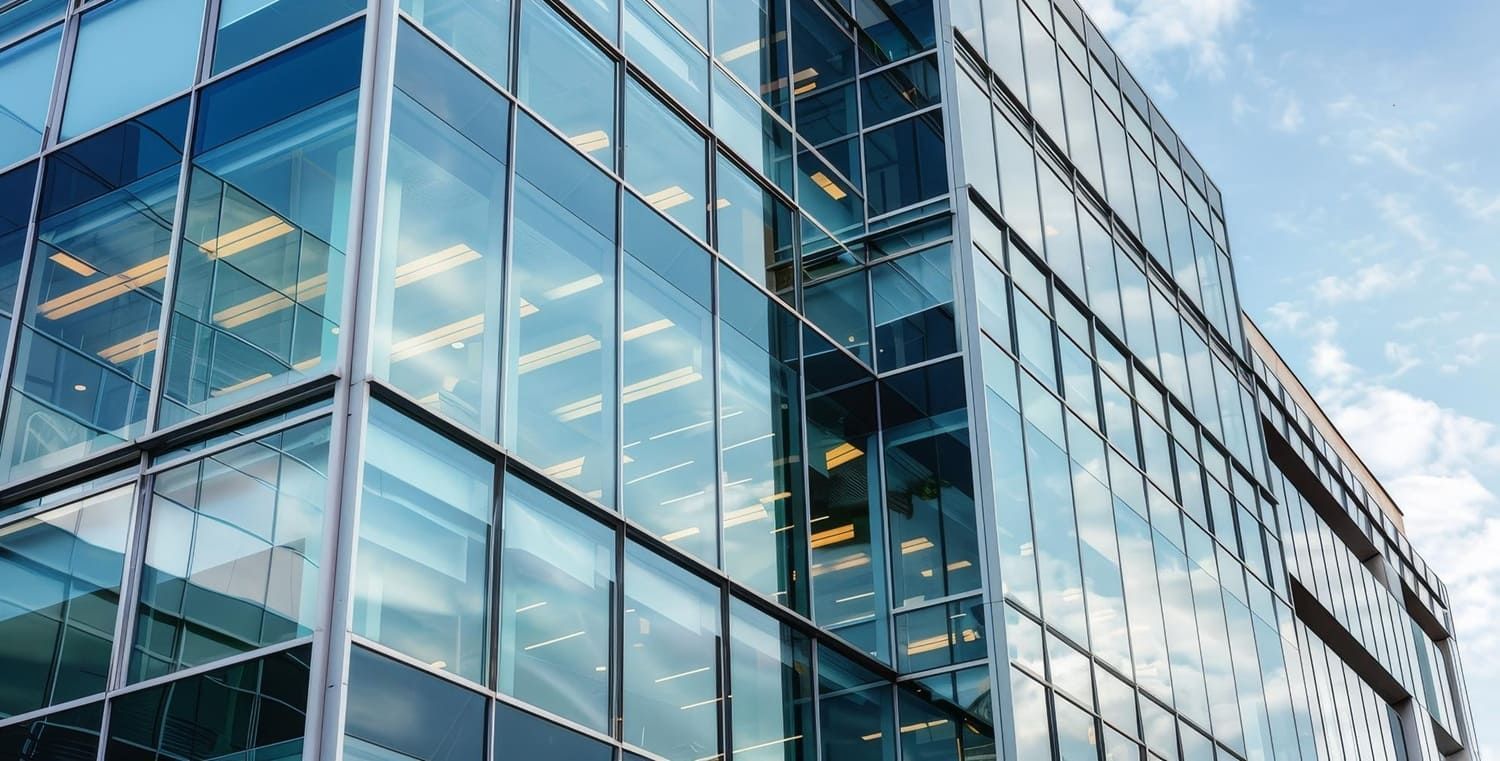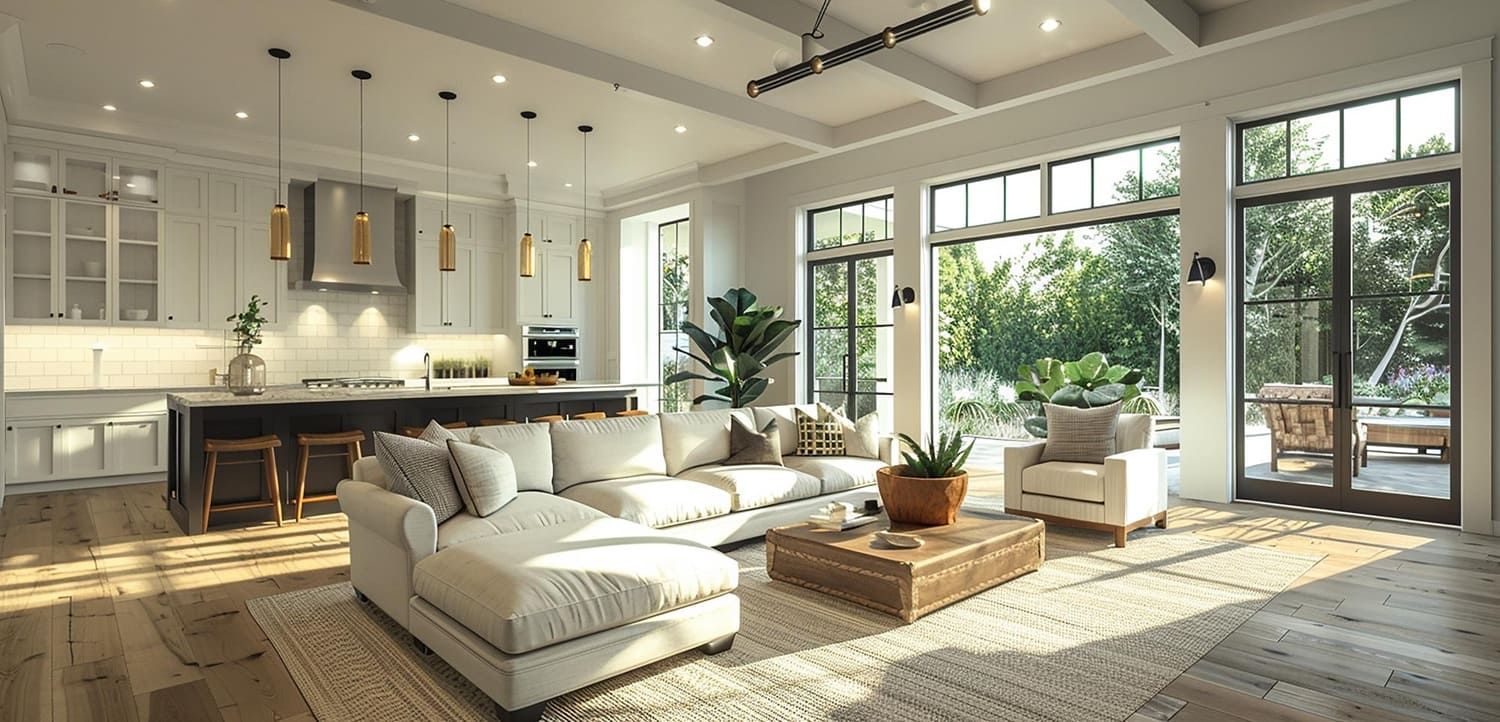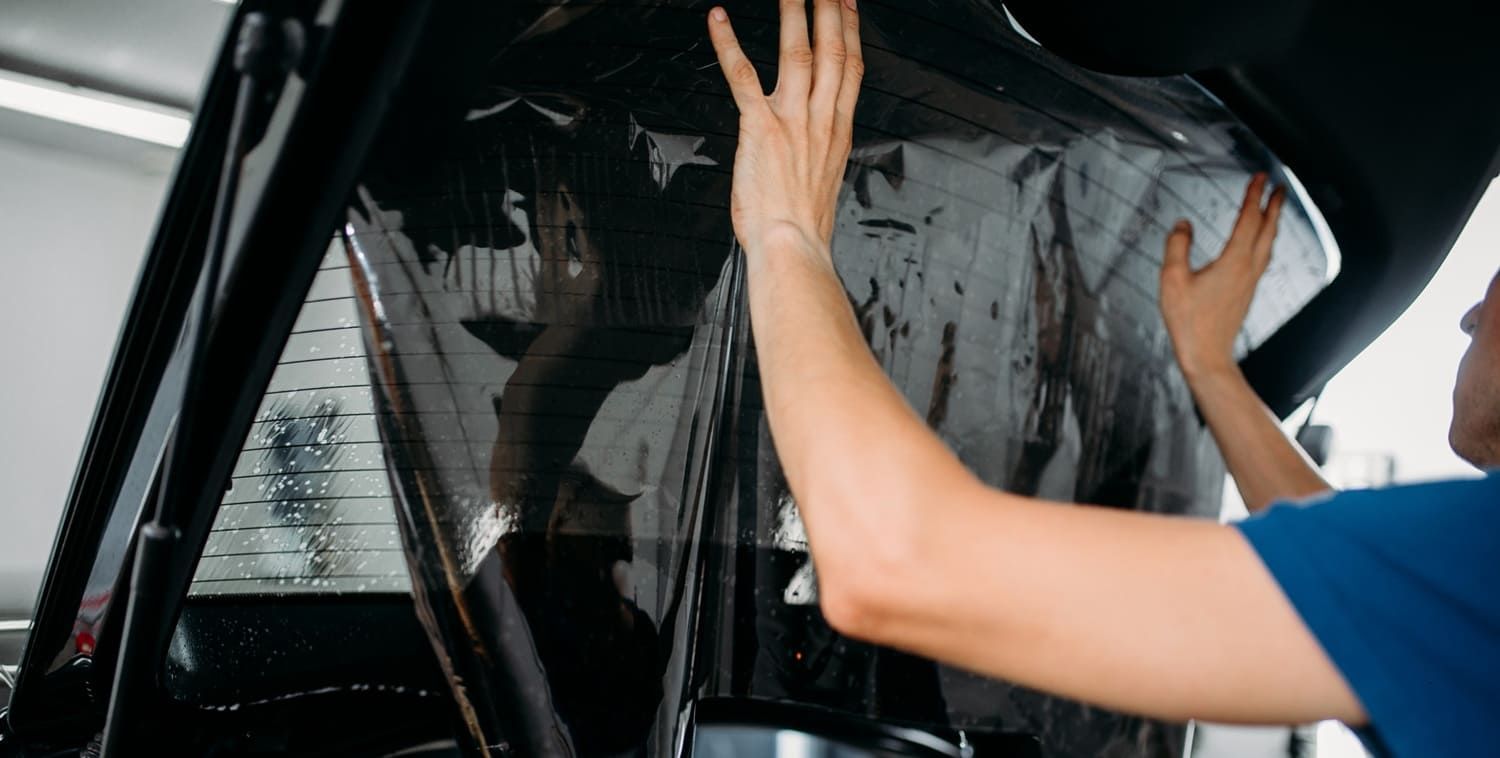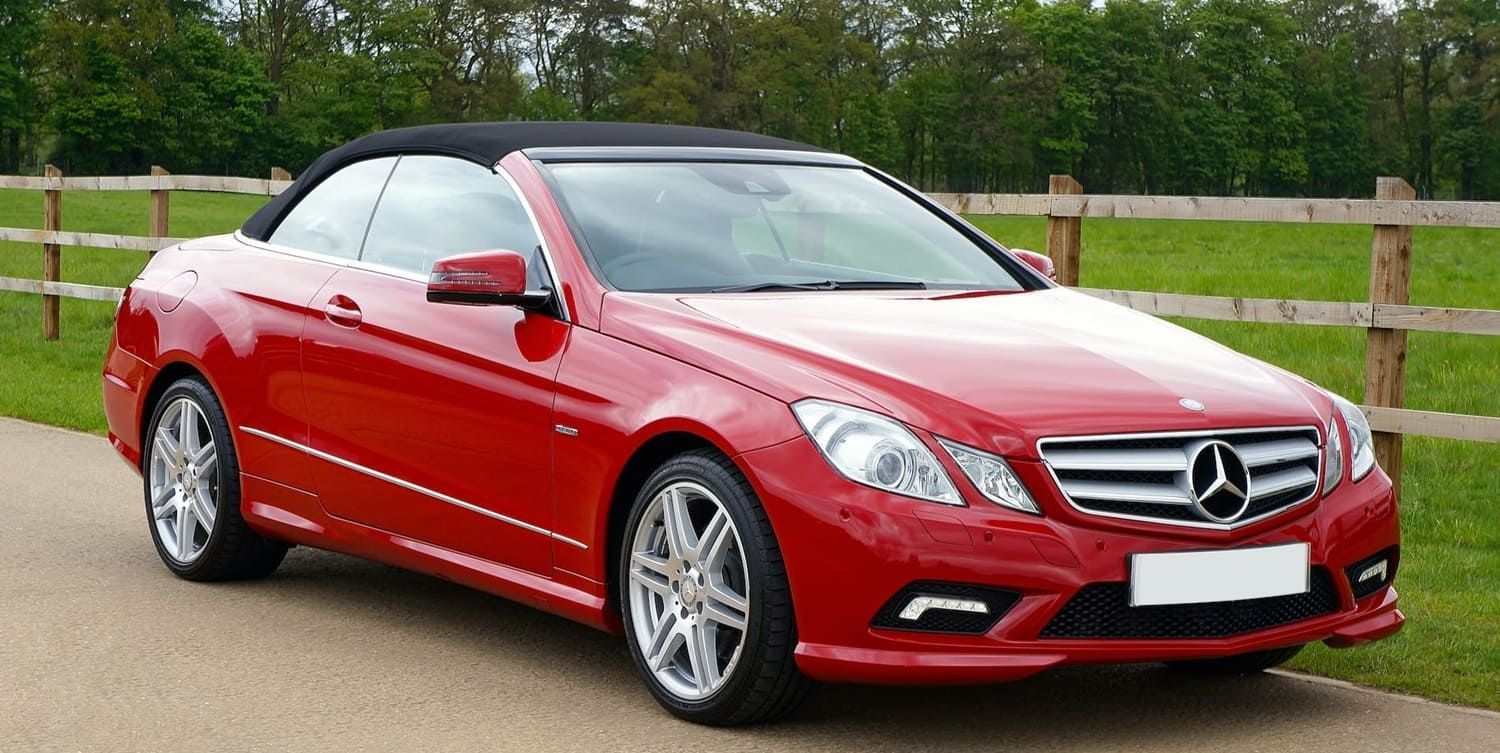Is Ceramic Window Tinting Worth the Extra Cost?
Ceramic window tinting is a type of film applied to car windows that is made using ceramic-based nanoparticles. Unlike traditional window tints, which may contain dyes or metals, ceramic window tints are non-metallic and non-conductive. This unique composition offers several advantages over other types of window tinting. The non-metallic nature ensures that the tint does not interfere with electronic devices, a common issue with metallic tints that can disrupt signals for GPS and smartphones.
Moreover, ceramic window tinting is renowned for its clarity and lack of reflective properties, unlike metallic tints that can often appear shiny. This means that while driving, your view remains unobstructed and natural, enhancing safety and comfort. The absence of dyes also means that ceramic tints do not fade over time, maintaining their appearance and effectiveness for longer periods compared to dyed tints.
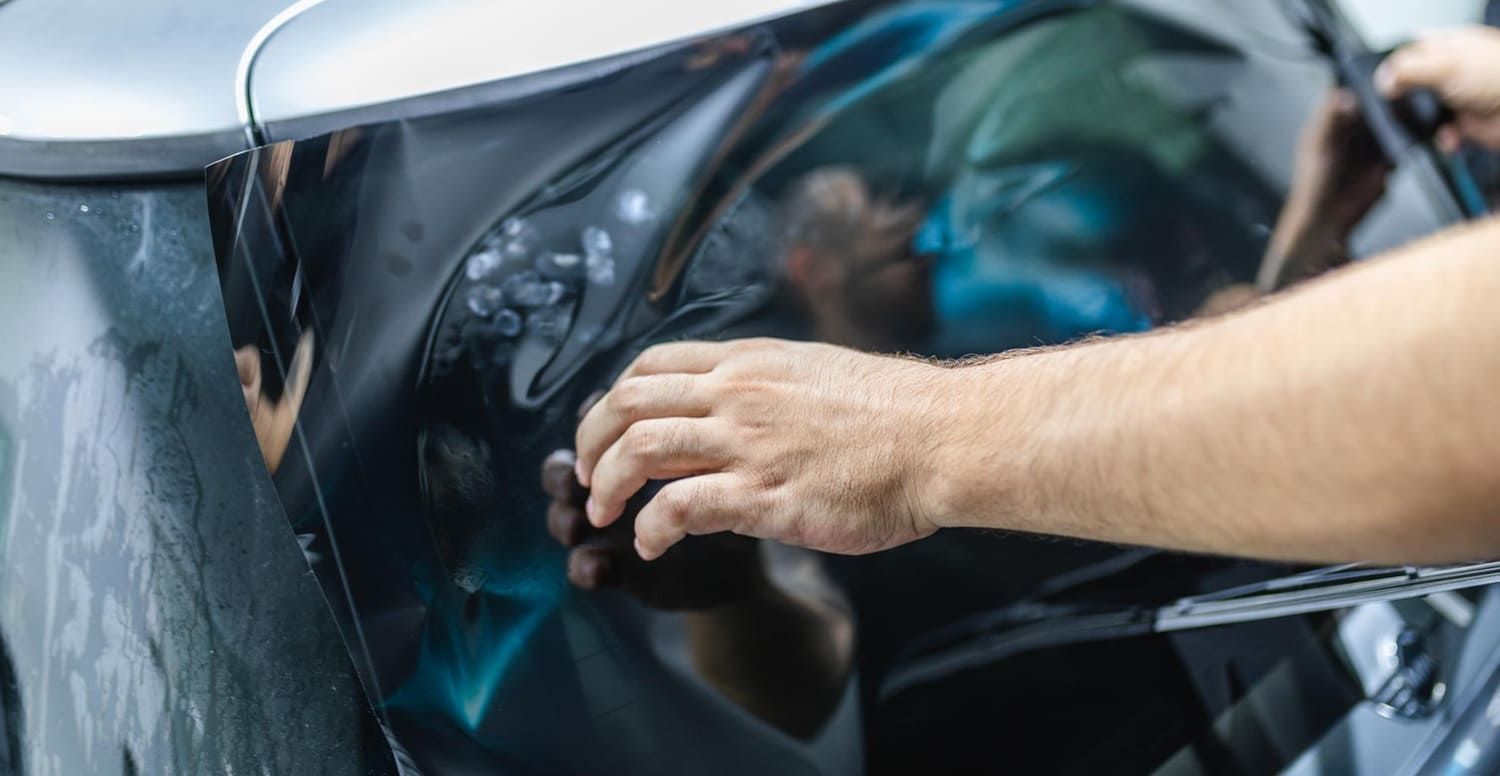
Key Benefits of Ceramic Window Tinting
Ceramic window tints offer numerous advantages that justify their higher price point. Let's dive into some of the most compelling benefits:
Superior Heat Rejection
One of the standout features of ceramic window tinting is its ability to block a significant amount of solar heat. This means that the interior of your car remains cooler, even on hot days. By rejecting up to 50% of solar heat, ceramic tints reduce the need for air conditioning, potentially saving fuel and enhancing comfort. This can be particularly advantageous for those who frequently drive in sunny or hot climates, where the interior of a vehicle can quickly become unbearably hot.
Additionally, by maintaining a cooler interior, ceramic window tinting contributes to the overall efficiency of your vehicle's air conditioning system, reducing wear and tear and potentially extending its lifespan. The reduction in energy consumption also translates to a smaller carbon footprint, aligning with environmentally conscious driving practices.
Enhanced UV Protection
Ceramic tints can block up to 99% of harmful ultraviolet (UV) rays. UV rays can cause skin damage and fade your car's interior. By protecting against these rays, ceramic window tinting helps preserve your car's interior and safeguard your skin. This protection is crucial for long-term health, as extended exposure to UV rays is linked to skin cancer and other health issues.
Furthermore, the protection extends to safeguarding the interior materials of your vehicle, such as leather seats and dashboards, which can crack and fade with prolonged sun exposure. Investing in ceramic tints can help maintain the aesthetic and functional integrity of your car's interior over time.
Improved Visibility
Unlike some other types of tints, ceramic window tinting provides excellent visibility, both day and night. It reduces glare from the sun and headlights without compromising your view, making driving safer and more comfortable. The reduced glare can significantly enhance safety by allowing drivers to maintain better focus and reaction times, especially in bright or low-light conditions.
This clarity is particularly beneficial for nighttime driving, where visibility is crucial. Unlike metallic tints that can sometimes create reflective glares, ceramic tints ensure a clear, unobstructed view, adding to the overall driving experience.
No Signal Interference
Since ceramic tints are non-metallic, they do not interfere with electronic signals. This is an important consideration for modern drivers who rely on GPS, smartphones, and other electronic devices. The seamless operation of these devices ensures that drivers can navigate efficiently and stay connected without interruptions.
The absence of signal interference is not just a convenience but a safety feature, allowing for reliable use of communication and navigation tools that are essential in today's driving environment. This makes ceramic tints an attractive option for tech-savvy drivers.
Durability and Longevity
Ceramic window tints are known for their durability. They are less prone to fading and bubbling over time compared to dyed or metallic tints. This means that while the initial cost is higher, you may save money in the long run due to the film's longevity. The durability of ceramic tints ensures that they maintain their aesthetic appeal and functional benefits without frequent replacements.
The resilience of ceramic tints against environmental factors such as UV exposure and temperature fluctuations makes them a long-term investment for vehicle owners looking to maintain both the appearance and performance of their window tints over time.
How Does Ceramic Tint Compare to Other Options?
When deciding if ceramic window tinting is worth the extra cost, it's helpful to compare it with other popular tinting options.
Dyed Window Tinting
Dyed window tinting is one of the most affordable options. It involves applying a dye layer to the window, which absorbs heat and blocks sunlight. However, it offers minimal heat reduction and UV protection compared to ceramic tints. Dyed tints can fade over time and may require replacement sooner. While they may be suitable for short-term use, their lack of durability and protection can lead to additional costs over time.
Moreover, dyed tints often lack the aesthetic appeal and clarity that ceramic tints provide. The fading and potential bubbling can detract from the overall appearance of the vehicle, making them a less desirable option for those seeking both functionality and style.
Metallic Window Tinting
Metallic tints contain metal particles that reflect heat and UV rays effectively. While they offer good protection, they can interfere with electronic signals, which is a significant drawback for many drivers. Additionally, metallic tints can give your windows a shiny, reflective appearance that some may find undesirable. The reflective nature can also cause glare, which may hinder visibility and safety.
Despite their heat rejection capabilities, the interference with electronic signals and the reflective appearance often outweigh their benefits, especially for drivers who rely heavily on electronic devices for navigation and communication.
Carbon Window Tinting
Carbon tints fall between dyed and ceramic tints in terms of cost and performance. They provide decent heat rejection and UV protection without the signal interference of metallic tints. However, ceramic tints still outperform carbon tints in terms of heat rejection and clarity. Carbon tints offer a matte finish, which can be aesthetically pleasing, but they do not match the performance standards set by ceramic tints.
While carbon tints are a viable middle-ground option, those seeking the highest level of performance and durability may find ceramic tints to be a more worthwhile investment in the long run.
Is Ceramic Window Tinting Worth the Extra Cost?
The decision to invest in ceramic window tinting ultimately depends on your priorities and budget. Here are some considerations to help you decide:
Consider Your Environment
If you live in an area with intense sun and high temperatures, the superior heat rejection and UV protection offered by ceramic tints can be invaluable. They help keep your car cooler and protect your interior from sun damage. The benefits are particularly pronounced in regions where sun exposure is consistent and relentless, making ceramic tints a practical choice for those environments.
The long-term protection of your vehicle's interior and the comfort provided by a cooler cabin can significantly enhance your driving experience, justifying the initial investment.
Evaluate Your Vehicle's Needs
Consider the value and age of your vehicle. If you drive a high-end or new car, investing in high-quality ceramic tinting can help preserve its interior and maintain its value. For older vehicles, the decision may depend more on your budget. However, even for older cars, the benefits of reduced heat and UV exposure can enhance the overall comfort and longevity of the vehicle.
Additionally, if your vehicle is a long-term investment, the durability and performance of ceramic tints can provide consistent benefits over the years, ensuring your car remains in prime condition.
Weigh the Longevity
While ceramic window tinting has a higher upfront cost, its durability means it may not need to be replaced as often as cheaper alternatives. This can save you money in the long run and provide consistent performance over time. The long-term cost-effectiveness of ceramic tints makes them a smart financial decision for those looking to maximize their investment.
The peace of mind that comes with knowing your window tint will not degrade quickly adds to the overall value, making ceramic tints a preferred option for discerning vehicle owners.
Check Local Regulations
Be sure to verify the legal requirements for window tinting in your area. Some regions have restrictions on tint darkness and reflectivity that may influence your decision. Understanding these regulations ensures compliance and prevents potential legal issues, allowing you to enjoy the benefits of ceramic tints without concerns.
Consulting with local tinting professionals can also provide insights into the best choices for your specific location, ensuring you select a tint that meets legal standards while delivering optimal performance.
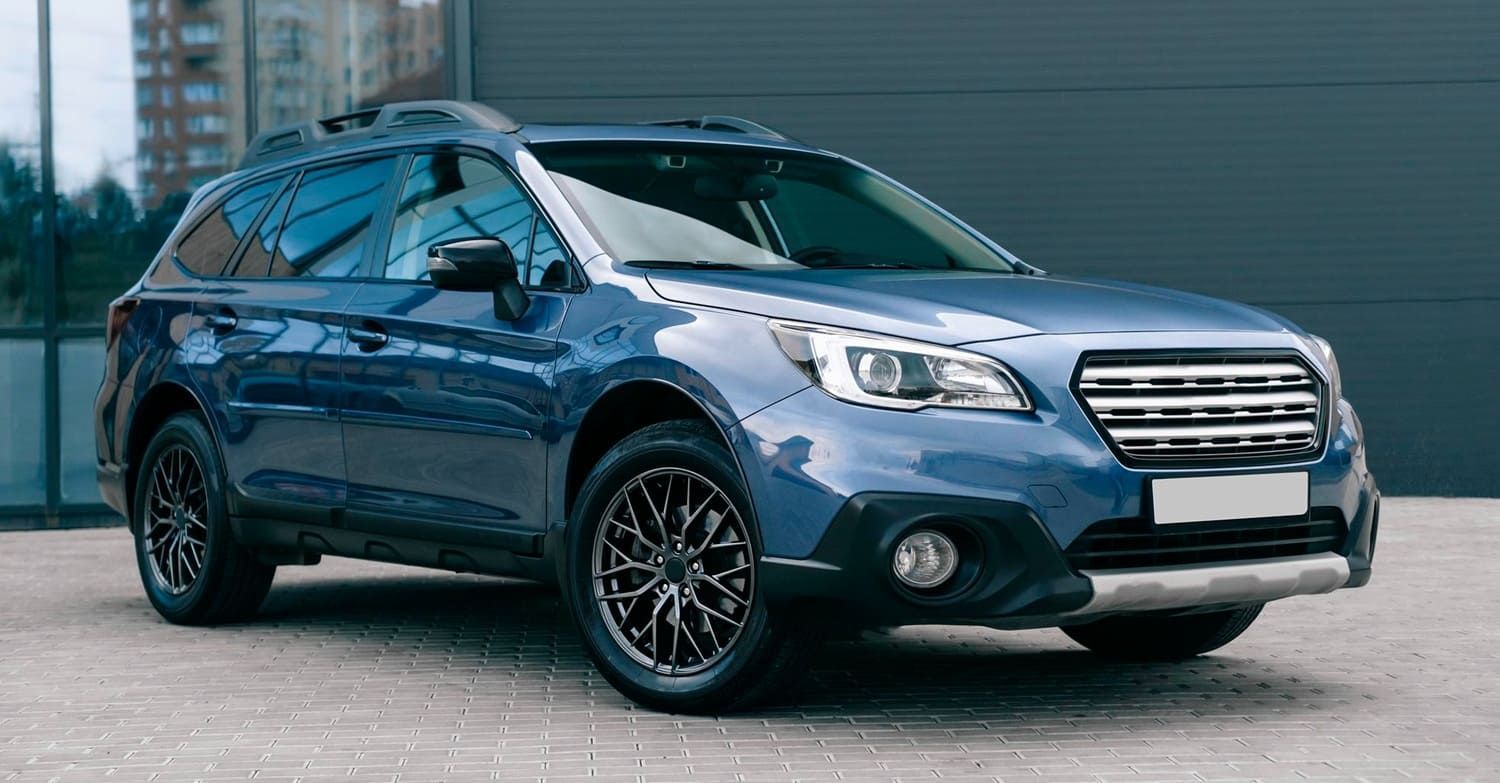
Finding Ceramic Window Tinting Near You
If you've decided that ceramic window tinting is the right choice for you, the next step is finding a qualified professional to do the job.
Research Local Providers
Search for "ceramic window tinting near me" to find local providers. Look for businesses with positive reviews, certifications, and experience in installing ceramic tints. A reputable provider ensures quality installation, maximizing the benefits of ceramic tints and preventing potential issues such as bubbling or peeling.
Visiting a provider's website or shop can also give you a sense of their professionalism and expertise, helping you make an informed decision.
Compare Quotes
Get quotes from multiple providers to ensure you're getting a fair price. While ceramic window tinting is more expensive, prices can vary based on location, vehicle type, and specific film used. Comparing quotes allows you to assess the value offered by different providers, ensuring you receive quality service at a competitive price.
Negotiating with providers based on quotes can also lead to discounts or additional services, enhancing the overall value of your investment.
Inspect the Warranty
Choose a provider that offers a comprehensive warranty on both the film and installation. A good warranty can provide peace of mind and protect your investment. Understanding the terms of the warranty ensures you are covered in case of defects or issues, allowing you to enjoy the benefits of ceramic tints without worry.
A provider who stands by their work with a solid warranty demonstrates confidence in their products and services, making them a reliable choice for your tinting needs.
Conclusion
Ceramic window tinting offers numerous benefits, including superior heat rejection, UV protection, and durability. While it comes with a higher price tag, the advantages often justify the cost, particularly for those living in sunny climates or driving newer vehicles. By considering your environment, vehicle, and budget, you can determine if ceramic window tinting is worth the investment for you. With the right choice, you'll enjoy a cooler, more comfortable ride and long-lasting protection for your car.
The decision to invest in ceramic window tinting should be weighed against your specific needs and preferences. By prioritizing quality and performance, ceramic tints offer a long-term solution that enhances both the functionality and aesthetics of your vehicle. As technology continues to advance, ceramic window tinting stands out as a superior option for drivers seeking the best in window tinting solutions.
Applied Film Technology — the best ceramic window tinting installers near you serving Virginia Beach, Virginia. Contact us today for a free estimate.
FAQs About Whether Ceramic Window Tinting Is Worth the Extra Cost
Is ceramic window tinting really worth the higher price?
Yes, ceramic tinting is worth the investment because it blocks more heat, offers stronger UV protection, and lasts longer than standard films.
What makes ceramic tint different from regular tint?
Ceramic tint uses advanced nanotechnology that blocks infrared heat and UV rays without relying on dyes or metals that can fade or interfere with signals.
Does ceramic tint keep cars cooler than other tints?
Yes, ceramic tint rejects up to 98% of infrared heat, keeping cabins cooler and reducing AC use.
Does ceramic tint protect interiors better?
Yes, it blocks up to 99% of UV rays, preventing fading, cracking, and damage to seats, dashboards, and trim.
Does ceramic tint interfere with GPS or cell signals?
No, unlike metallic films, ceramic tint is non-conductive and does not block electronic signals.
Is ceramic tint more durable than standard films?
Yes, it resists bubbling, peeling, and fading, often lasting 10+ years with proper installation.
Does ceramic tint improve visibility while driving?
Yes, it reduces glare and maintains clarity, improving comfort both during the day and at night.
Can ceramic tint be installed in lighter shades?
Yes, ceramic films can be nearly clear while still blocking significant heat and UV rays.
Does ceramic tint improve driving comfort?
Yes, by reducing heat and glare, it makes driving more comfortable in all conditions.
Is ceramic tint safer than regular tint?
Yes, it strengthens glass against shattering while still meeting legal VLT requirements.
Does ceramic tint save money over time?
Yes, by reducing AC use, protecting interiors, and lasting longer, ceramic tint pays for itself in the long run.
Is ceramic tint worth it for luxury and exotic cars?
Yes, premium vehicles benefit the most from ceramic tint’s performance, style, and durability.
Can ceramic tint be used on homes and offices too?
Yes, ceramic films are popular for residential and commercial windows for energy savings and UV protection.
Does ceramic tint affect night driving?
No, ceramic films provide clear visibility at night, unlike some dark or metallic films.
Can ceramic tint improve resale value?
Yes, cars with ceramic tint often maintain higher resale value thanks to better interior condition and premium features.
Is ceramic tint recommended for EVs?
Yes, reducing AC use helps extend battery range, making ceramic tint especially useful for electric vehicles.
How does ceramic tint compare in cost to dyed tint?
Ceramic tint costs more upfront but lasts longer and performs significantly better, making it more cost-effective long-term.
Does ceramic tint come with a warranty?
Yes, most high-quality ceramic tints include warranties against fading, peeling, or bubbling.
What’s the main reason drivers choose ceramic tint?
Drivers choose ceramic tint for its unmatched heat rejection, durability, and premium appearance.

